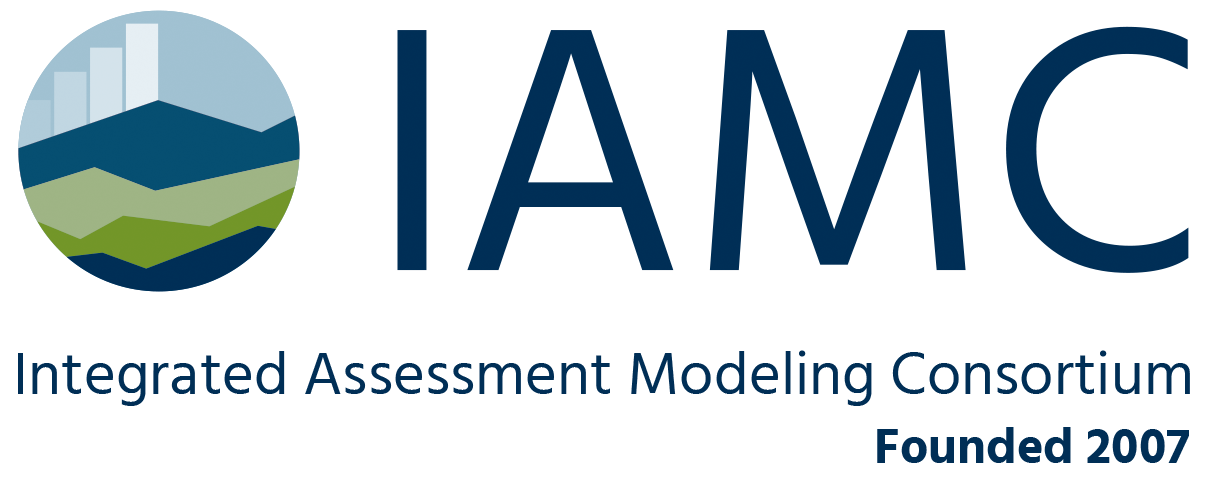PROJECT
SWEET-EDGE – Swiss Energy Research for the Energy Transition
- Geographical scope:Local
- Time horizon:2021-2032
- Initial Release:2021
- Institution(s):EPFL & CLIMACT, UNIGE, ETH Zürich (ETH), Paul Scherrer Institute (PSI), Zurich University of Applied Sciences, Bern University of Applied Sciences, Federal Research Institute for Forest, Snow and Landscape, Sustainable Forestry, Spin-off SUNWELL, Paul Scherrer Institute, Swiss Federal Institute of Technology Zurich, University of Lucerne, Basler & Hofmann AG, University of Basel, University of St. Gallen.
- Link:https://www.sweet-edge.ch/en/home
- Contact:Info
- Contact e-mail:sweet-edge@unige.ch
SWEET – “SWiss Energy research for the Energy Transition” – is a funding programme of the Swiss Federal Office of Energy (SFOE). SWEET’s purpose is to accelerate innovations that are key to implementing Switzerland’s Energy Strategy 2050 and achieving the country’s climate goals. The programme was launched in early 2021 and the funding programme runs until 2032.
SWEET EDGE is a research project sponsored by the Swiss Federal Office of Energy’s “SWEET” programme and coordinated by the University of Geneva’s Renewable Energy Systems group and the EPFL Laboratory of Cryospheric Sciences
EDGE wants to fast-track the growth of locally sourced decentralized renewable energy in Switzerland. The project aims to ensure that by 2035 and 2050, when ambitious shares of renewable energy are reached, the Swiss energy system is designed and operated in a technically and economically optimal and secure way, and that it is well positioned in the European markets.
1) Quantify new national-level scenarios and implementation pathways with high shares of decentralized renewable energy;
2) Design and analyze multi-energy systems with a high share of renewable energy to coordinate region-specific supply, demand, and distribution grids in the three Swiss regions: cities, midlands and Alps;
3) Design and demonstrate typical local renewable energy systems for each region in pilot & demonstration projects;
4) Investigate how high shares of decentralized renewable energy can be scaled up and integrated with the existing infrastructures of distribution, transmission, centralized generation and storage;
5) Evaluate various options for policy, market design and instruments, and other measures to mobilize finance, coordinate key actors, and enable socio-political acceptance.

